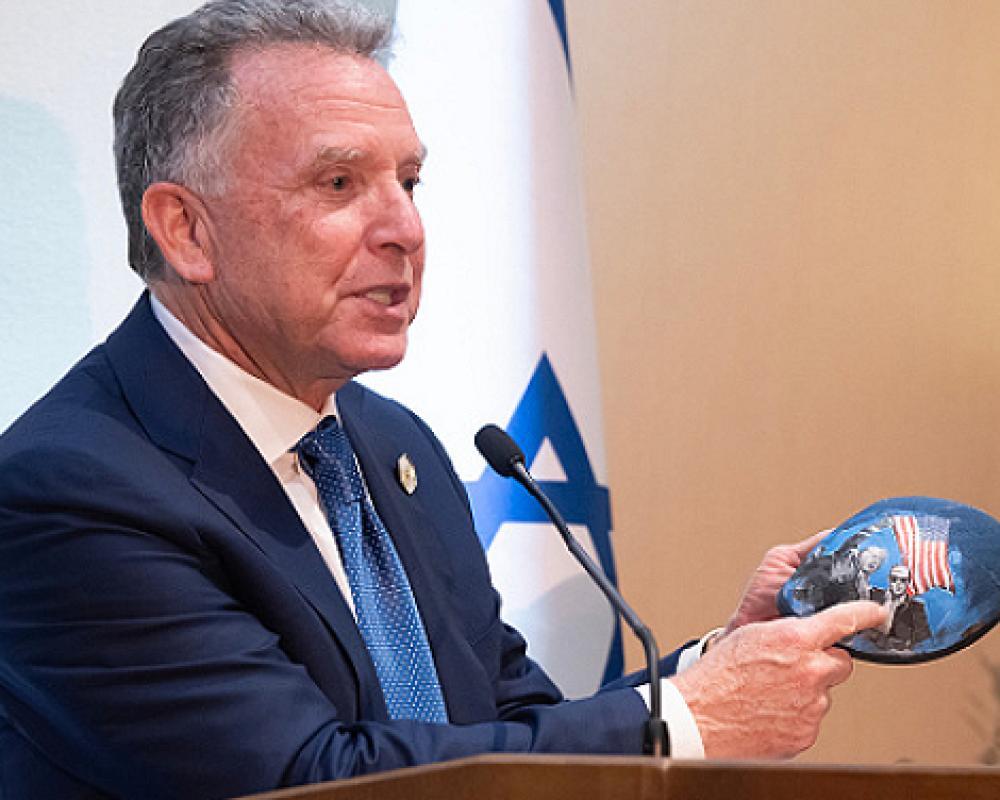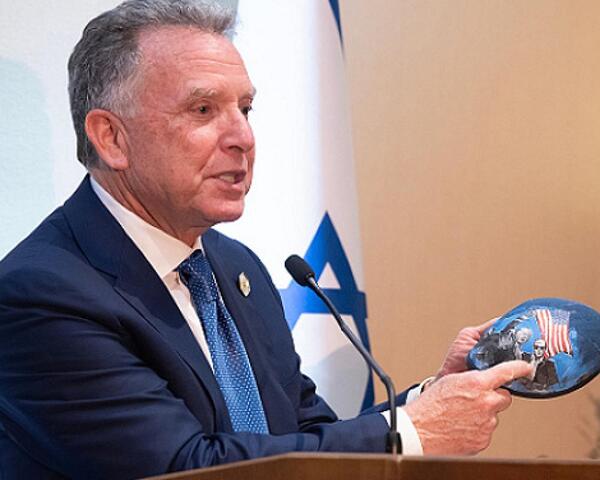The escalating attacks in the Gaza Strip have two aims: to pave the way for Operation Gideon, or to exploit the time remaining until a ceasefire is reached.
Currently, the original proposal by Trump's envoy in Doha has been rejected, as has the new proposal he presented. Israel is preparing for a large-scale military exercise, while Trump said, "Good things will happen in Gaza over the next month."
The release of Idan Alexander came as a complete surprise to Israel and its security establishment, effectively marking a "transitional phase" between the operations carried out by the Israeli military prior to the surprise release and the launch of a comprehensive ground maneuver as part of Operation Gideon's Vehicles.
This phase is being exploited for negotiations under fire, according to statements by Prime Minister Benjamin Netanyahu.
Several days ago, "golden information" arrived about the presence of senior Hamas leaders in an underground compound in the Khan Yunis area. This was the result of an intelligence effort by the Shin Bet, coupled with an operational opportunity. The decision to attack was quickly made and approved at all levels.
Since then, the air force has continued to target high-profile targets and Hamas operatives in the Gaza Strip. The prevailing view is that these raids constitute a prelude to a potential ground maneuver: they assist maneuvering forces, strike Hamas's command and control system, eliminate commanders and militants, and open up axes and areas.
A security source explained that the attacks had an additional objective: to prepare for the possibility of progress in the Doha negotiations, which could lead to a ceasefire.
According to the source, the security establishment's goal is to make the most of the remaining days until the end of a potential war, stripping Hamas of as many assets as possible. "Destroying all the tunnels in the Gaza Strip will take years, but everything related to the offensive tunnels and the locations where the command and control leaders are located is essential in the fight against Hamas and effectively impacts its capabilities," the source said.
The airstrikes, which escalated after the release of Idan Alexander, are also putting increasing pressure on Hamas, coinciding with the talks in Doha.
It is estimated that the more effective and painful the strikes are for Hamas, the more flexible its position will be in the negotiations.
According to informed sources, Trump's Middle East envoy, Steve Vitkov, attempted to break the deadlock in the Doha negotiations by proposing a small deal: the release of some of the kidnapped individuals in exchange for a ceasefire lasting a month to a month and a half.
So far, there is no agreement on this, and Hamas continues to insist on a permanent ceasefire.
Reports reaching Jerusalem indicate that the talks are stalled, with both sides sticking to their positions and awaiting Netanyahu's decision on whether to return the delegation from Qatar.
Sources in Israel added, "Vitkov has put his hands up and left the decision to Israel." His office has not issued any comment.
One source said: "There is no progress in the talks, and there is no optimism. Hamas is not ready for a grand bargain, and it appears now that Israel is heading toward a large-scale military maneuver within days. A change may occur at the last minute."
As reported, the IDF is completing its preparations for the maneuver, and has at least time until the security cabinet meeting on Sunday afternoon.
US President Donald Trump said at noon, at the conclusion of his visit to the UAE, that he did not know whether Netanyahu would be able to secure the release of the kidnapped soldiers. He added, "We will know soon. Their situation is not good. We will cooperate with them on this matter."
He added, "We are looking at Gaza and we have to deal with the situation there. There are a lot of bad things happening." According to him, "a lot of good things" will happen in Gaza over the next month.
Trump did not say whether he would support Netanyahu's plans to expand military activity in Gaza, but he emphasized the humanitarian crisis caused by the war.
"We have to help the Palestinians, too. As you know, there are a lot of people dying of hunger in Gaza, so we have to look at both sides. But we will do a good job," he said.
About (Ynet)








Share your opinion
Trump's promise, Vitkov's new proposal, and the deal deadline